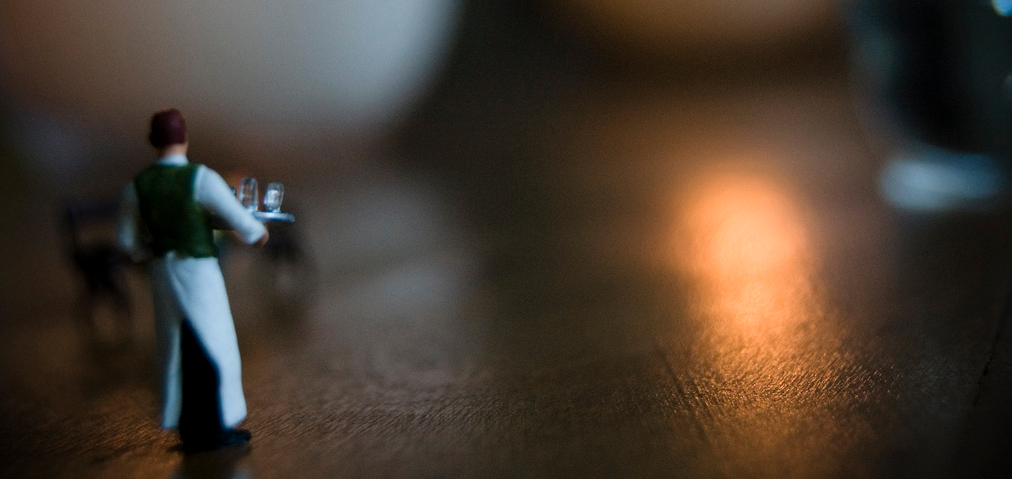Restaurant Industry Says Servers Don’t Need A Pay Raise
Proponents of a wage increase point to the fact that the minimum base rate for tipped employees is $2.13 an hour, only 29% of the current $7.25 per hour minimum wage for non-tipped workers. Back when that tipped wage was set, it was more than 50% of the standard hourly wage. Thus, argued the White House, tipped employees — a field dominated by restaurant servers — now rely on a much larger portion of their tips just to meet the minimum wage paid to non-tipped workers.
In a statement given in response to the White House report, Dawn Sweeney, President and CEO of the National Restaurant Association, points out that “No one is making $2.13 an hour.”
Sweeney argues that “tipped restaurant employees are among the highest-paid employees in the establishment, regularly earning between $16 an hour for entry-level servers and $22 an hour for more experienced servers.”
While she rightfully states that millions of Americans seek out restaurant server jobs because “of the flexibility it offers individuals to work and meet other obligations in their lives, such as supporting a household income and caring for children or family members,” and that the restaurant business is an industry with large number of female owners and managers, Sweeney’s statement sidesteps the question of why the minimum wage for tipped employees has not increased over the last two decades in the way that the standard minimum wage has.
Perhaps there is an argument to be made that people are tipping more than they did 23 years ago? The Restaurant Association doesn’t make that, or any other data-backed claims, but a number of foodservice companies say they have noticed higher tips from using credit card payment systems like Square’s, and the increased use of credit and debit cards in general may make it easier to tip 18 or 20% since the diner doesn’t have to worry about the amount of cash on hand.
We’d like to hear opinions from servers, managers and restaurant owners on this topic. If you have any insider’s insight on the topic and want to share it with Consumerist, write us at tips@consumerist.com with “TIPPED SERVERS” in the subject line. All submissions will remain anonymous, so feel free to speak honestly.
Want more consumer news? Visit our parent organization, Consumer Reports, for the latest on scams, recalls, and other consumer issues.


